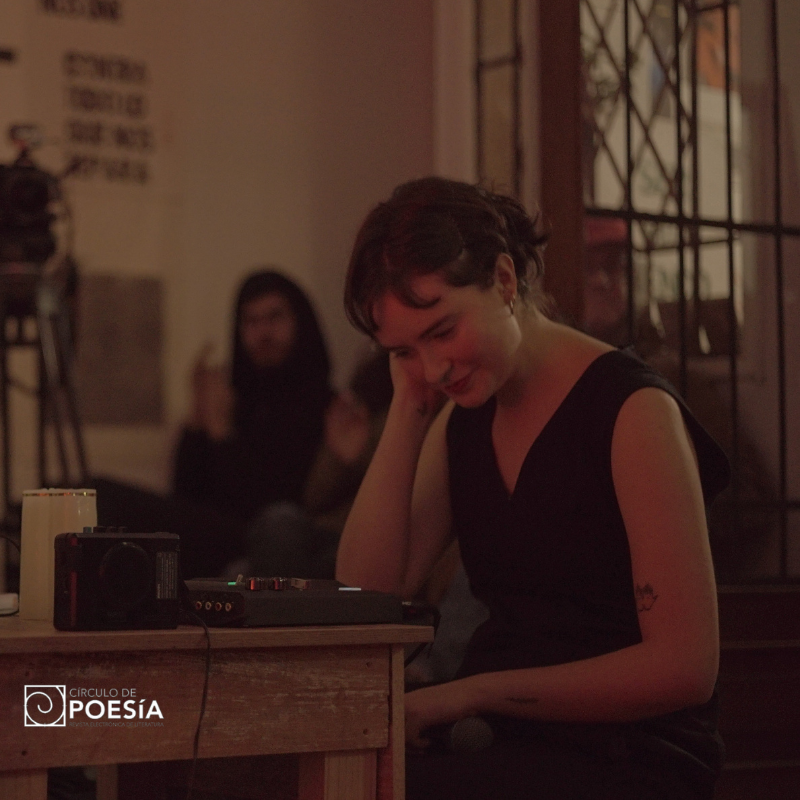Kate Daniels (Richmond, Virginia; 1953). Poeta y editora. Obtuvo su maestría en Bellas Artes de la Universidad de Columbia. Es autora de seis poemarios: In the Months of My Son's Recovery (LSU Press, 2019), Three Syllables Describing Addiction (Bull City Press, 2018), A Walk in Victoria's Secret (LSU Press, 2010), Four Testimonies (LSU Press, 1998), The Niobe poems (University of Pittsburgh Press, 1988) y The White Wave (University of Pittsburgh Press, 1984). Daniels es recipiente del Premio de Poesía Agnes Lynch Starrett, Premio de Poesía Crazyhorse, Premio de Poesía Hanes y el Premio James Dickey. Algunos de los temas que su poesía explora son: la clase trabajadora, el racismo, adicciones, trauma y la familia. Daniels, además de haber sido profesora en múltiples universidades estadounidenses, impartió la cátedra de inglés Edwin Mims en la Universidad de Vanderbilt donde también dirigió el programa de escritura creativa.
***
Fotografía de guerra
Desnuda la niña corre
por un camino hacia nosotros,
sus brazos extendidos,
su boca abierta
el mundo hecho escombros
tras sus espaldas.
Huye del humo
y los soldados, de su madre
y hermana menor cadáveres
arrojados en una fosa,
de la bombardeada choza de bambú,
de las ollas y sartenes derretidas.
También huye de los dioses
que han convertido el cielo en una hoguera
y encharcado la tierra con sangre y piel.
Viene corriendo - dios mío- hacia nosotros,
a 10 000 millas de distancia,
se lee al pie de su foto
en una revista semanal.
Todo el país siente lástima por ella
y estamos consternados por la guerra
que se libra en otro mundo.
Incluso después del clic
de la cámara, ya sabes,
sigue corriendo. Viene corriendo hacia nosotros.
¿Pero, qué tanto sabe ella,
si sus pies libran un camino
en otro continente?
¿Qué tanto sabe
de lo que realmente somos?
Desde lejos, damos la impresión de ser
personas muy terribles.
War Photograph
A naked child is running
along the path toward us,
her arms stretched out,
her mouth open,
the world turned to trash
behind her.
She is running from the smoke
and the soldiers, from the bodies
of her mother and little sister
thrown down into a ditch,
from the blown-up bamboo hut
from the melted pots and pans.
And she is also running from the gods
who have changed the sky to fire
and puddled the earth with skin and blood.
She is running--my god--to us,
10,000 miles away,
reading the caption
beneath her picture
in a weekly magazine.
All over the country
we're feeling sorry for her
and being appalled at the war
being fought in the other world.
She keeps on running, you know,
after the shutter of the camera
clicks. She's running to us.
For how can she know,
her feet beating a path
on another continent?
How can she know
what we really are?
From the distance, we look
so terribly human.
De la antología A Chorus for Peace: A Global Anthology of Poetry by Women. Editato por Marilyn Arnold, Bonnie Ballif-Spanvill, y Kristen Tracy. Publicado por University of Iowa Press.
Sin metáforas
La aridez justo en el centro
de un profundo dolor. El rechinar
de huesos prolongado por meses
antes de una cirugía – así mismo
sufre el padre cuyo hijo recae
en la heroína incapaz de dormir
en medio de la noche, de pie
junto a la ventana del dormitorio,
apenas consciente del aspecto
de la luna – exhausta, gris. La luna
es una imagen literaria muy usual – la miseria
solipsista, un amor inapropiado. Cualquier cosa.
Esta noche, no es más que una fuente
de luz lechosa, oscilando en lo más alto del cielo
brillando débilmente sobre la desolación interna
y la desolación externa que no figura ser
más que la roca gélida
e irrompible que ya es.
Metaphor-less
The dryness dead center
of deep pain. The bone on
bone grinding that goes on
for months preceding
the surgery – that’s the way
the parent whose child is using
heroin again feels in the middle
of the night unable to sleep, standing
at bedroom window looking out
just barely conscious of what the moon
looks like – drained, gray. The moon
is a popular literary image – solipsistic
misery, misplaced love. Whatever.
Tonight, it’s nothing but a source
of milk light, swinging high up in the sky
shining weakly on the bleakness inside
and the bleakness outside that has
no other meaning but the cold
un-crackable rock of itself.
Publicado en la revista Five Points y en The Best American Poetry 2019.





